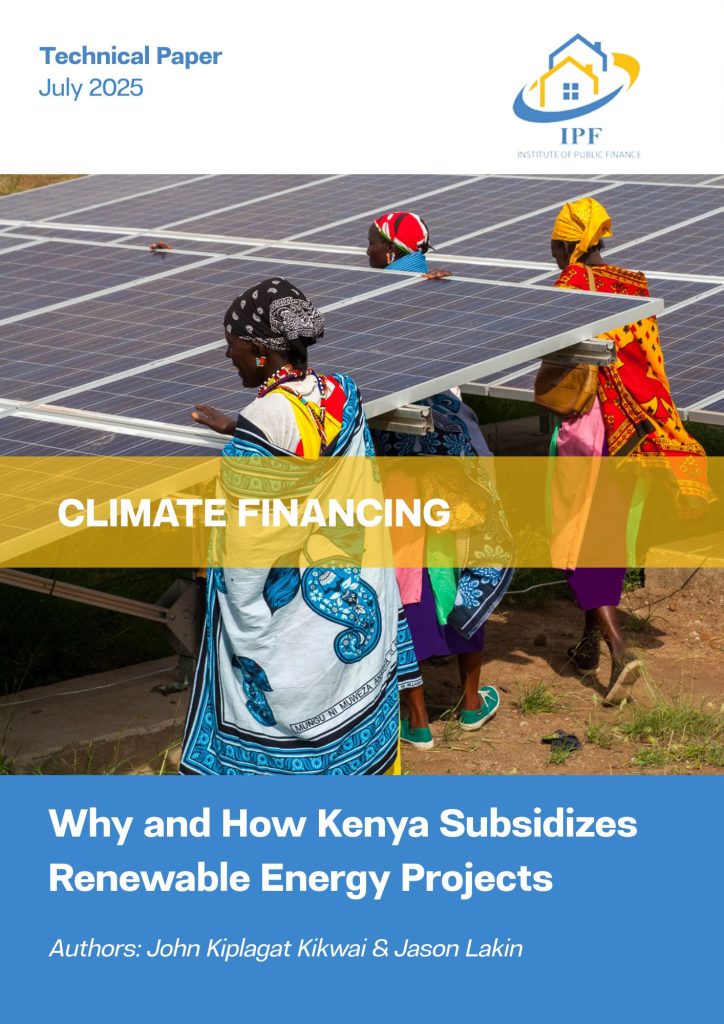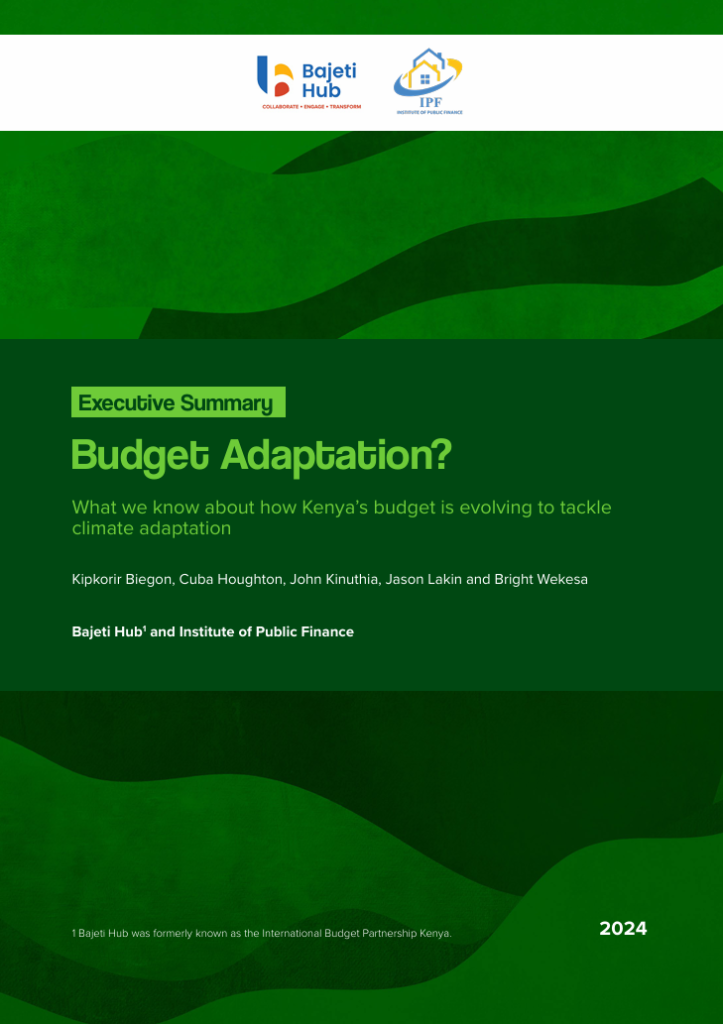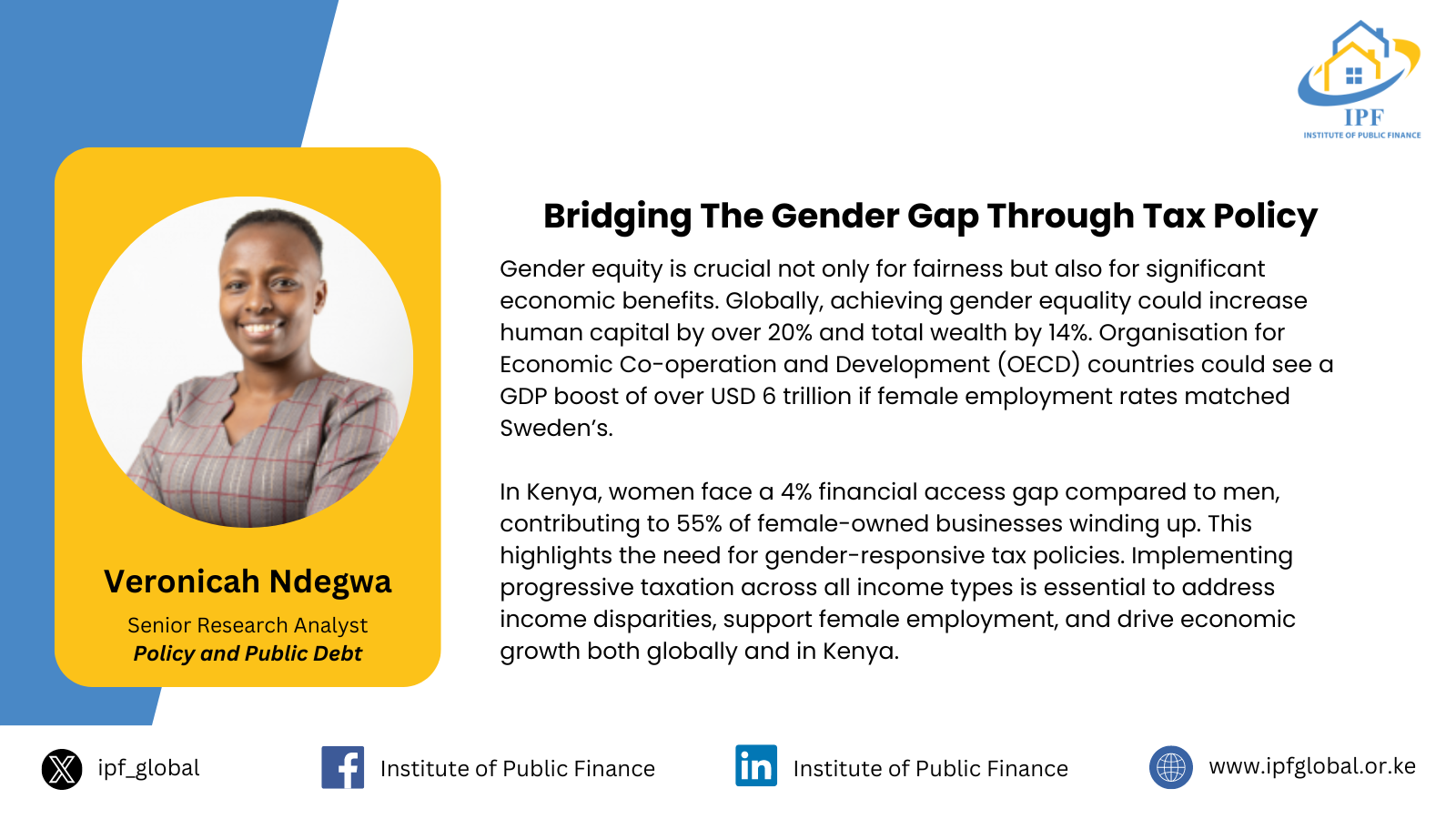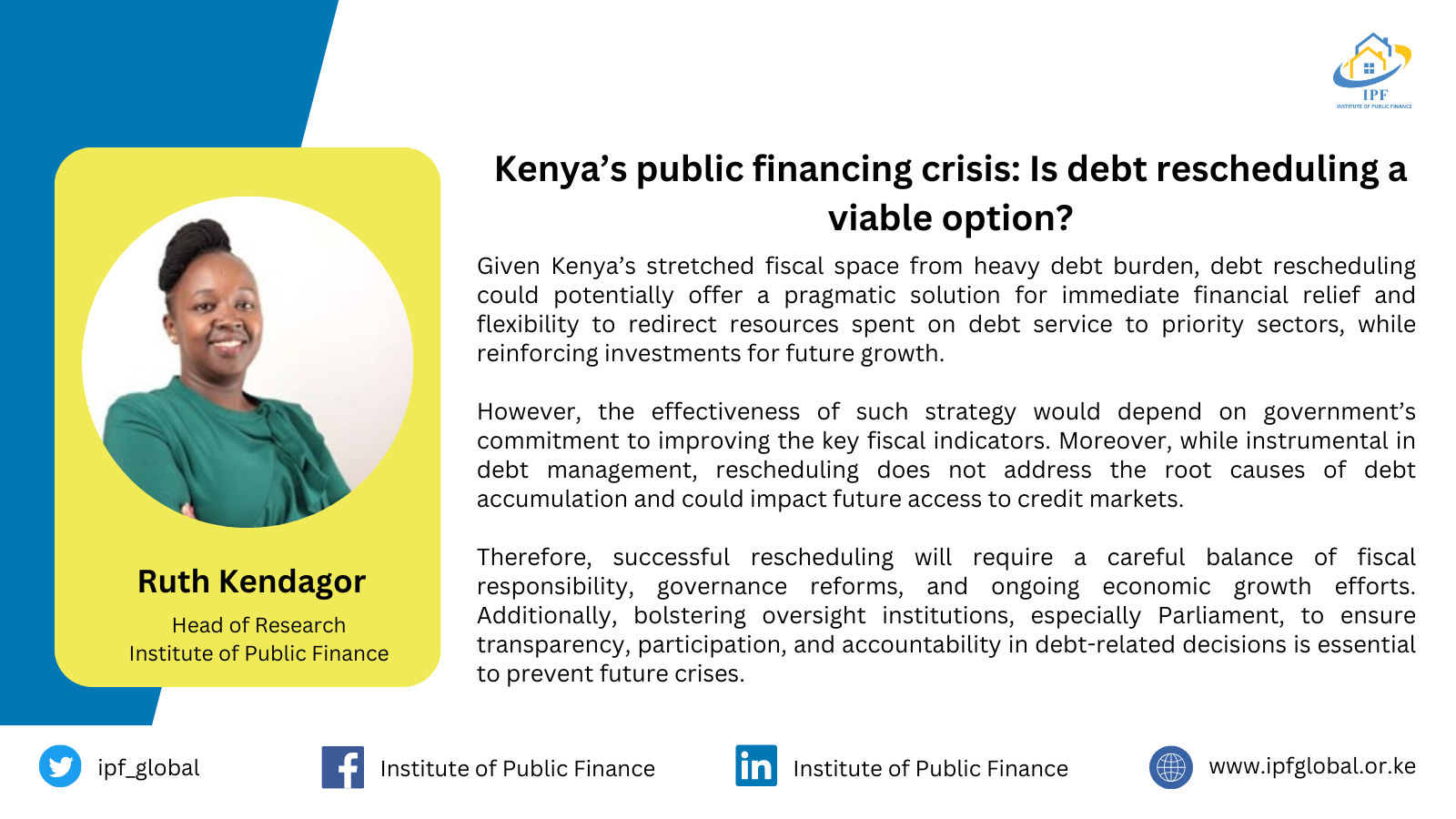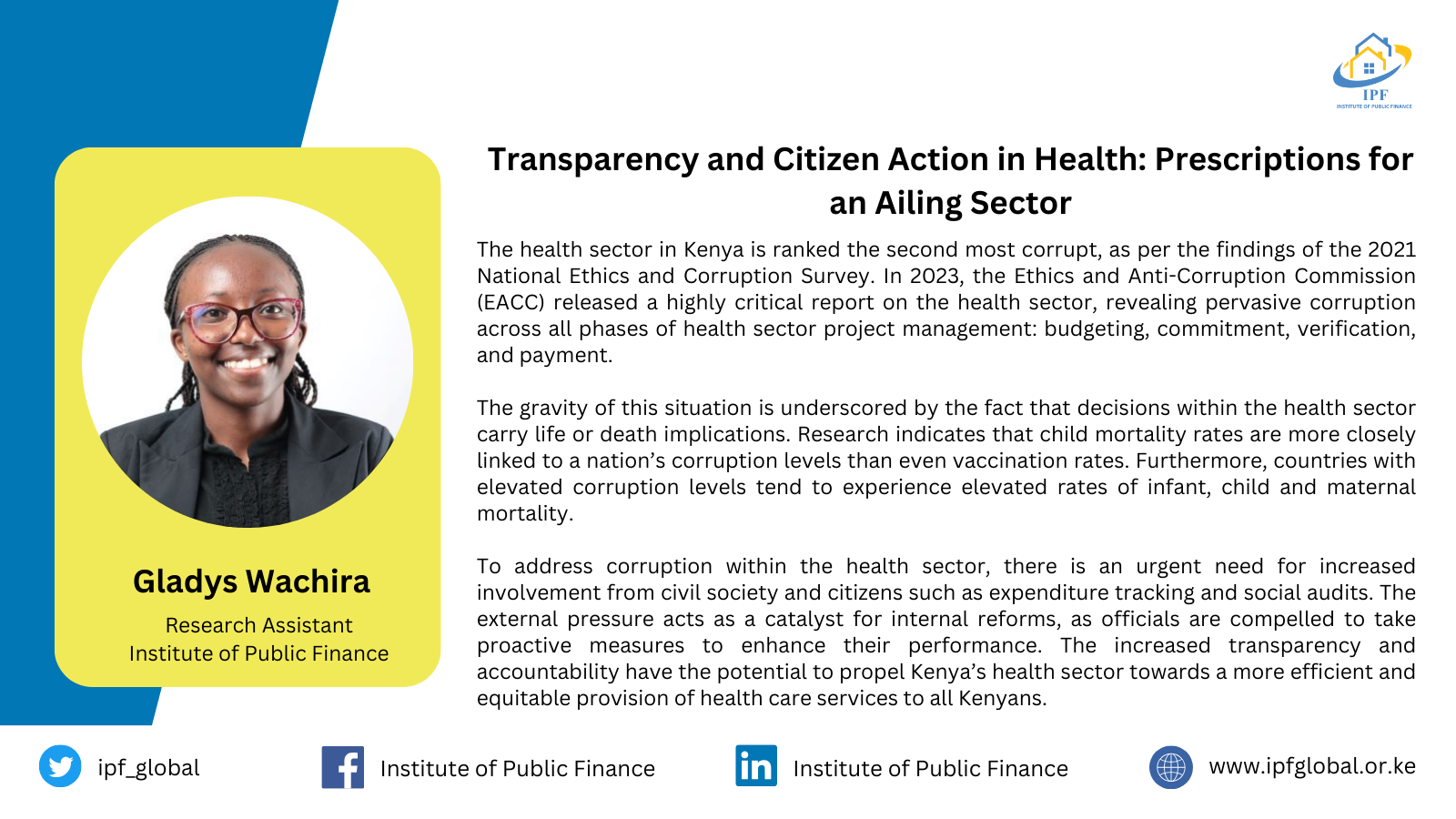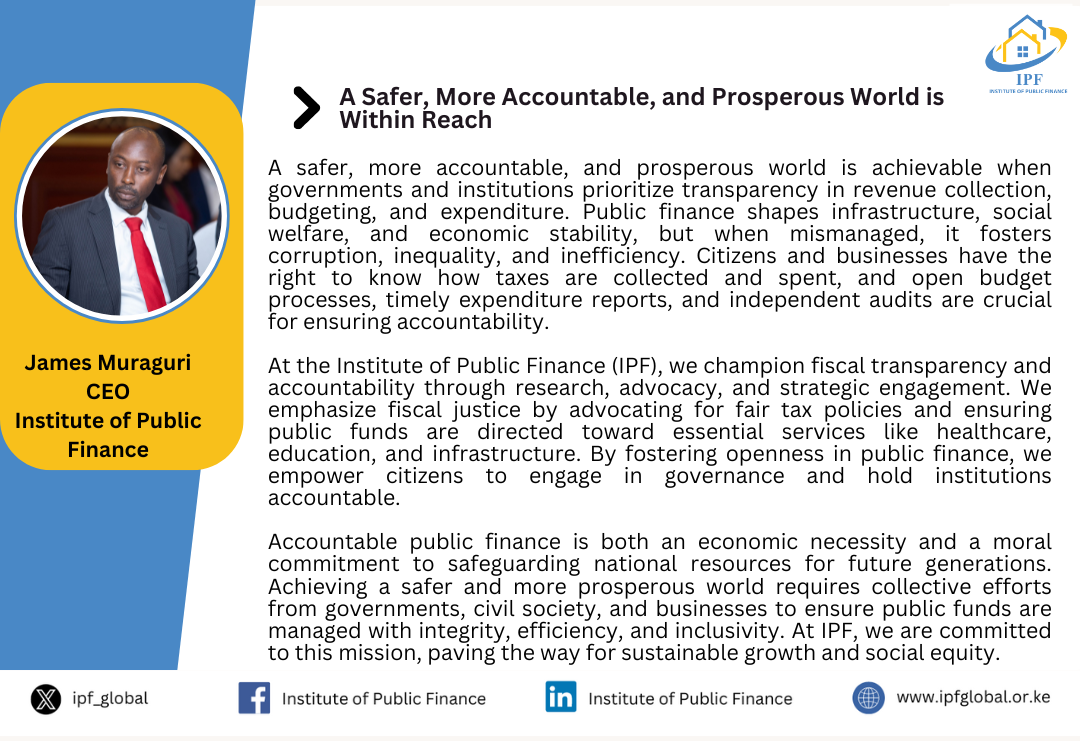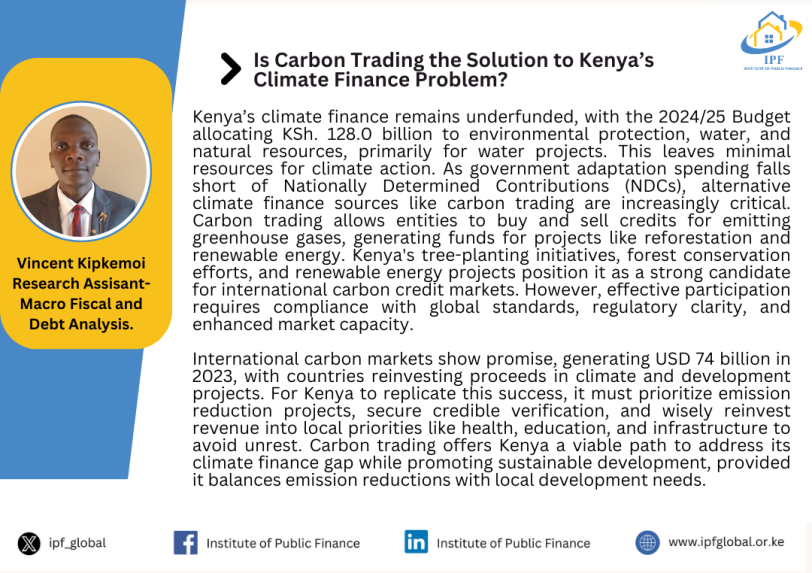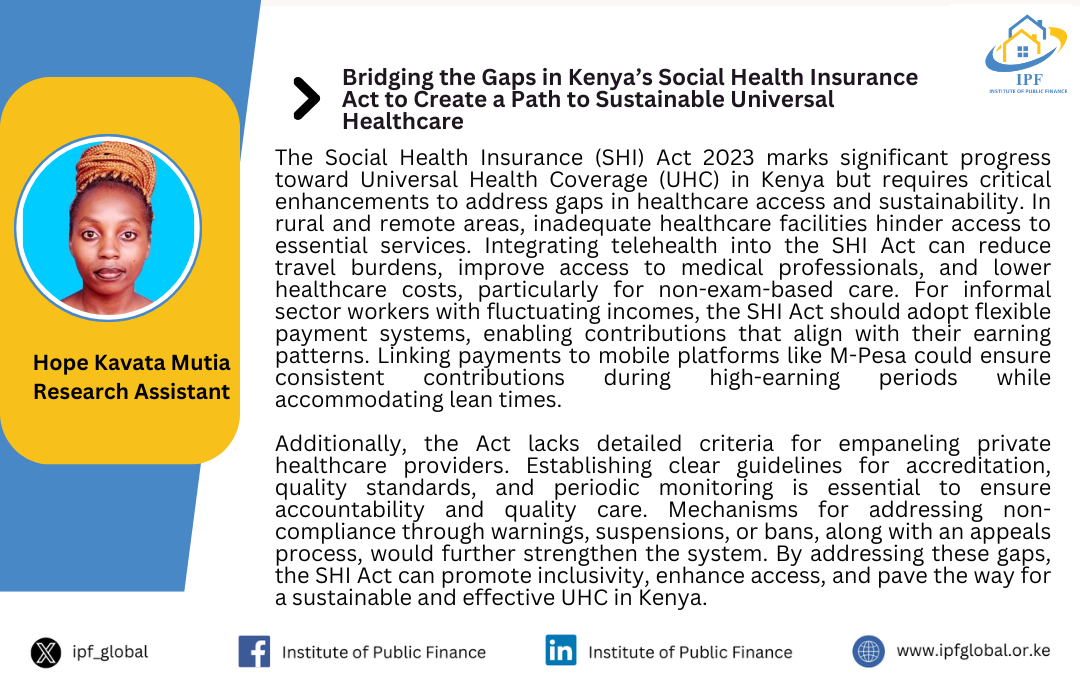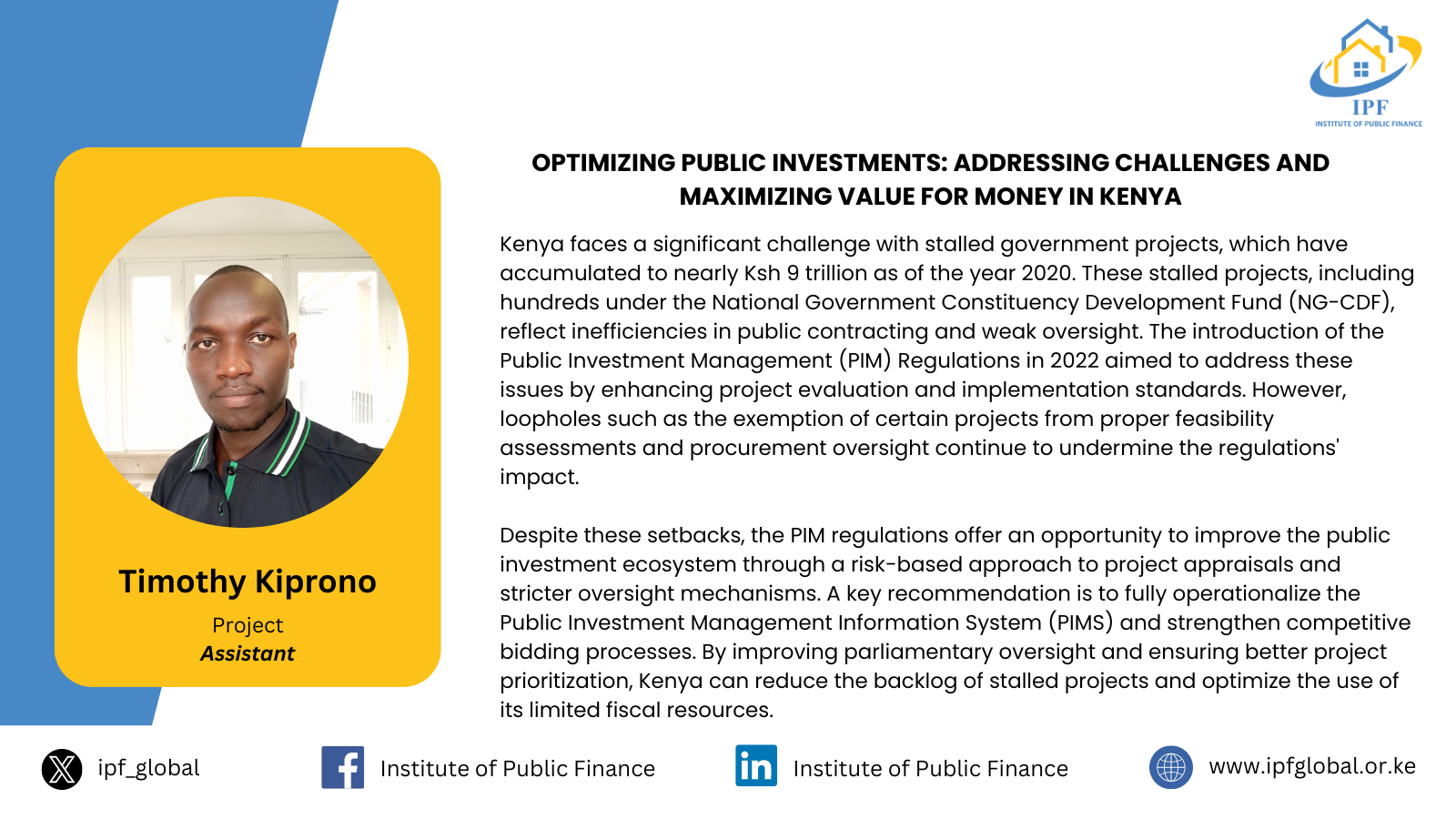Why we focus on climate financing?
In recent years, the Kenyan government has asserted its leadership in global climate forums, where Kenya’s president has rightly called on the world to do more to support Africa’s response to climate change.
However, domestic climate action is also crucial. If climate change is truly a domestic priority, we should see growing financing for climate in the government’s budget. Tackling climate change entails a suite of investments to extend energy access, reduce emissions, and protect the population from escalating natural disasters, such as flood and drought.
Yet while the government has talked about the importance of climate finance, it has not sufficiently prioritized domestic finance. The Kenyan government is far behind on its targets for climate adaptation spending, and Kenya's 2025 Nationally Determined Contribution (NDC) under the Paris Agreement shifts the focus in the wrong direction, back toward climate mitigation.
Although legislation was introduced to create a national Climate Change Fund nearly a decade ago, there is still no fund and climate expenditures remain fragmented across the budget, making it hard to identify and track them. Meanwhile, at the county level, though climate funds have spread, they are opaque and, on available data, do not regularly engage communities in planning for climate adaptation.
Tackling these challenges means building coalitions and mobilizing citizens to put pressure on government to take climate finance seriously.
Our Climate Finance Strategy
Our work climate finance work in Kenya over the next three years will be guided by the following objectives:
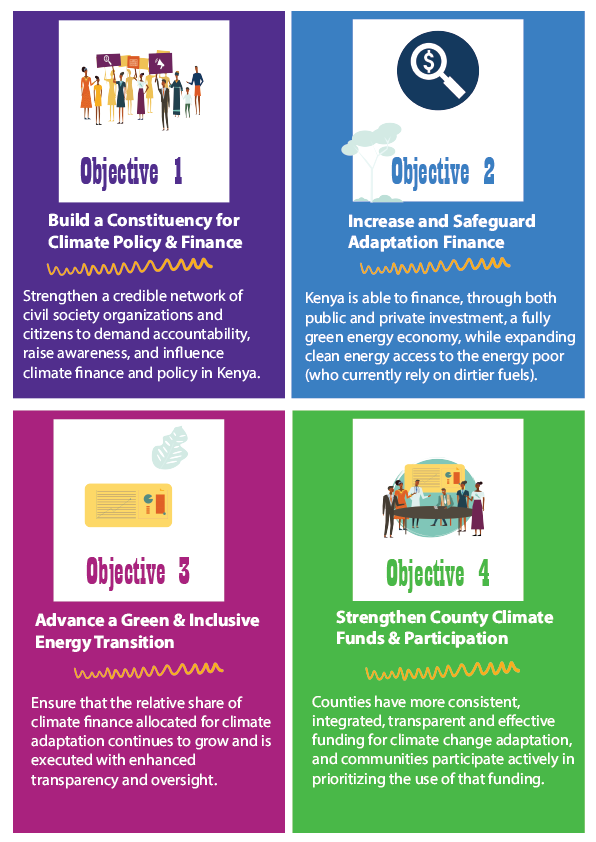
Our Approach
Without more demand side pressure, the Government of Kenya is unlikely to invest heavily in climate change. Achieving our objectives requires a mix of:
Research and analysis
Advocacy with policymakers
Partnership and coalition-building
We will carry out analysis and advocacy that aims to inform public dialogue and media coverage of climate policy. This will generate greater pressures on government to fund and implement climate adaptation and clean energy policies. Our analysis will look at budget allocations and budget execution, but also probe off-budget funding flows.
In addition to influencing the broader discourse, we will undertake direct advocacy with policymakers at different levels. We will engage the National Treasury Climate Finance Unit, and the Parliamentary Committee on Environment, Forestry and Mining, among others with the power to influence climate budgets.
We know we cannot drive policy change alone. Changing the discourse requires building relationships with other stakeholders at national and local level, and seeking areas of mutual interest across civil society. If our agenda does not appeal to others, we know that we haven’t framed it to appeal to policymakers either.

